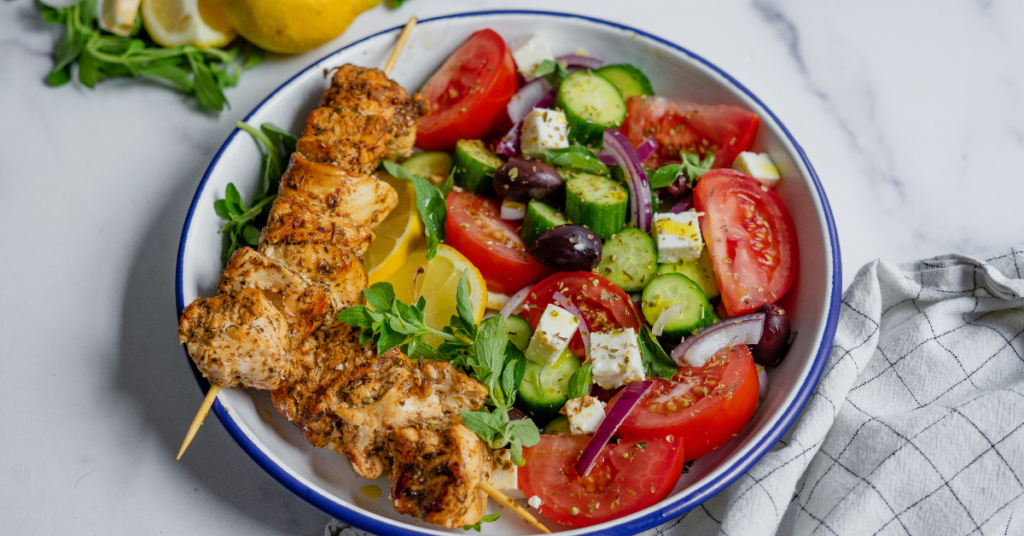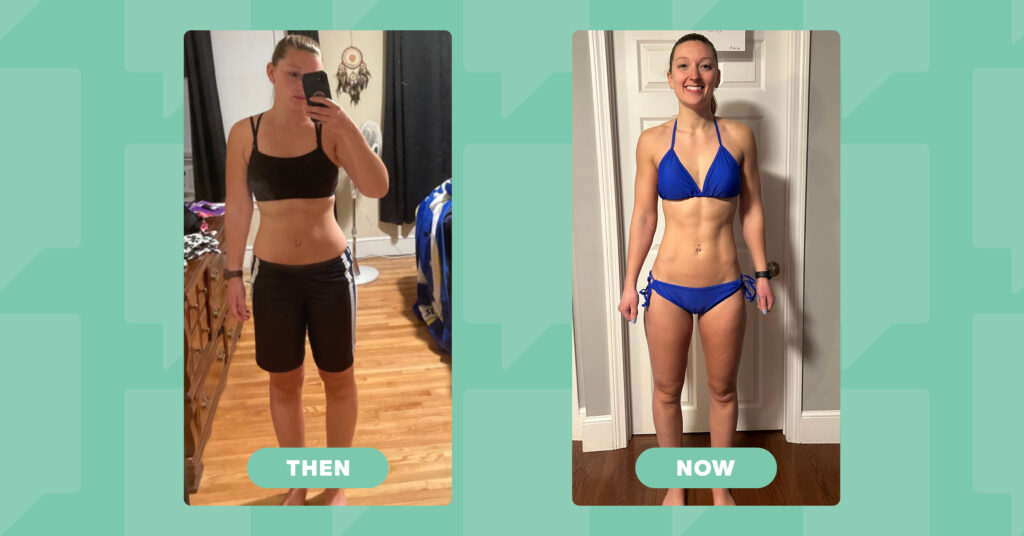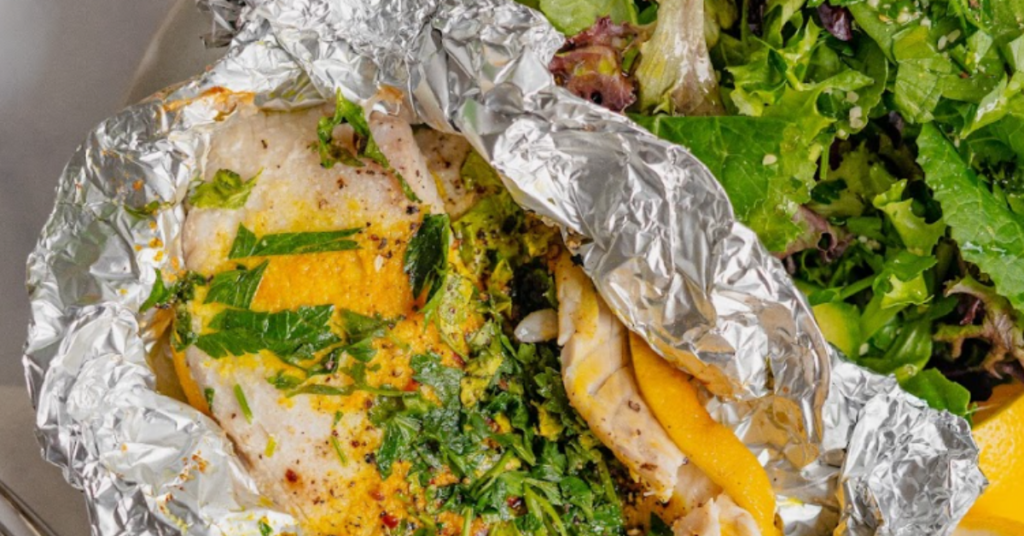A big part of my day is telling people older than me, people who have lost all hope, how to lose the weight they thought they were stuck with.
I’m sure many of them think of me as a young know-it-all trying to prove them wrong and for the most part, they’re right. I absolutely love showing the older members amongst us (whatever older means for you!) that weight loss is possible but I also enjoy explaining why they got to the point of having to lose it in the first place.
One of the most difficult hurdles, when working with anyone older than yourself, is the inherent fact that there is an aspect of them that you simply cannot relate to. Although I’m seeing more grey hairs in my beard than I’d like, that doesn’t exactly help me understand what it’s like to be in my 40’s, 50’s or 60’s. I’ll be honest, being older is—for so many reasons—different than being younger.
Shocking, right?
Throw in the fact that so many of us are told it’s game over the minute we have one too many candles on our birthday cake…and you can understand why so many think their weight loss pursuits are a lost cause. Articles, friends, and even doctors say “it’s your age, sorry”.
But here’s the truth:
While those differences, at their core, are entirely valid—when it comes to weight loss, but they’re more along the line of “speed bumps” rather than absolute dead stops. Aging can cause weight gain, but it’s not a case of “game over” so much as it is you playing the same game on a higher difficulty level. But, to play that game well on a higher difficulty, you have to understand what’s working against you.
So, feeling like your age has your weight loss dead in its tracks?
Well, you might be right.
Here’s how we can fix that.
1. Metabolism
Our favorite reason, right?
In the fitness industry, barely a day goes by without hearing something to the tune of, “My metabolism isn’t like it used to be. Ever since I hit enter random age I just can’t lose the weight.”
In terms of the metabolism slowing down, here’s the (unfortunate) truth: it’s slight and it’s indirect and changes in weight gain due to metabolism changes alone are pretty insignificant.
There is one very real exception to this rule: Post-menopause. (Sorry, ladies. I’ll be the first to acknowledge that’s a very real challenge). During post-menopause, you will experience a downtick in basal metabolism and total calories burned (especially at rest). But the total amount actually might be less than you expect—ranging from a few dozen to a few hundred fewer than you had years prior.
As you can see, it’s not a lot but can add up over time. Especially with research showing that a significant cause of today’s obesity epidemic may boil down to us eating a mere 218 calories more than we did just a few short decades ago. That’s a few bites of your favorite dish, a spoon or two of oil, or a glass of wine.
All in all, our metabolic rate does slow. It’s usually far less than you think, but it is something you can offset by staying aware of your total food intake and adjusting accordingly.
2. Exercise
As we age one of the first things to take a major hit (and sometimes fall apart entirely) is whether or not we train, and how consistent in which we do it. Now, this isn’t always the case. At Stronger U many of our higher performing clients have actually found a way to train more than ever as they’ve gotten older (if that’s you, skip this section and go do pushups or something). But if you’re seeing a decline in training, please stick with me here.
Some of the reasons training intensity can slow is due to previous injuries (or fear of injury), limited abilities, and the sacrifice of training frequency due to a busy life.
What does this mean in a nutshell? Well, it means fewer calories burned.
Generally speaking the decline in workouts per week and reduced intensity may not seem to be all that much but again, a few hundred calories burned may be lost here. In the past, you may have run every day but now you run every few days. In the past, you may have pushed hard in a weight training session but now you’re taking it easy to prevent an injury.
Starting to see a trend here? Little by little it adds up.
3. Non-Exercise Activity
Let’s talk a bit about NEAT for a second.
NEAT is a fancy acronym for what us fitness nerds call “Non-exercise Activity Thermogenesis” or NEAT for short.
Typically, NEAT lowers as we age. We’re just moving less. And when we do move, we tend to do so with less pep than we used to. And it makes a lot of sense. Between office work, aches and pains, overall fatigue, you can see why we just aren’t getting up and down like we used to. Couple that with things like kids, functions, and our favorite TV series that keep us “busy” and suddenly the time we have to move becomes less and less and the years come and go.
We no longer have the drive to move around like we did when we were younger. We settle on terrible TV shows when the remote is across the room, we walk around with nearly dead phones because our charger was too far away, and we spend more time trying to find a close parking spot than it would have to just park and take a short walk. All these reductions in movement add up, in a bad way. Imagine walking all day as a young student to now becoming an employee in an office.
This is something that will be different person to person, but it’s not uncommon for the 50-year-old you to be burning hundreds of calories fewer than 20-year-old you.
That adds up and it adds up fast.
Some of these aren’t things you can fix entirely, and that’s okay. Instead, follow this simple rule: the more you move…the better.
4. You’re set in your ways
As we age our “reps” increase. We’ve spent more time building habits and becoming who we are. We know what we like and what we want to spend our time doing and it typically doesn’t include eating less and moving more.
When you need to change something that’s never been an issue it can be difficult. And that’s something I want to be really clear about; because I’m no different. I know what I like and I know where I want to spend my time too. Add 20 more years to that and there’s no doubt I’m going to be pretty cranky when some jerk tells me that parts of my life need to change if I want to get in shape or stay in shape.
You might already be dealing with some of these thoughts on your SU journey. And that’s normal. But what does all that mean?
It means it’s really easy to pack on weight now vs when you were young. It means you might need to change the way you eat, how much you move, and who you are. And it means that, if this diet thing is something you want to try, if it’s something you want to succeed with, then it might mean changing a few aspects of yourself…no matter how cranky that may leave you.
Some of us are going through life with the habits we’ve had since we were young and could essentially “eat anything we wanted and not gain weight”, but times are changing.
You’re changing.
And that isn’t bad news.
Because a “changed” you might just end up being a Stronger U.
Even if that’s an older you.









